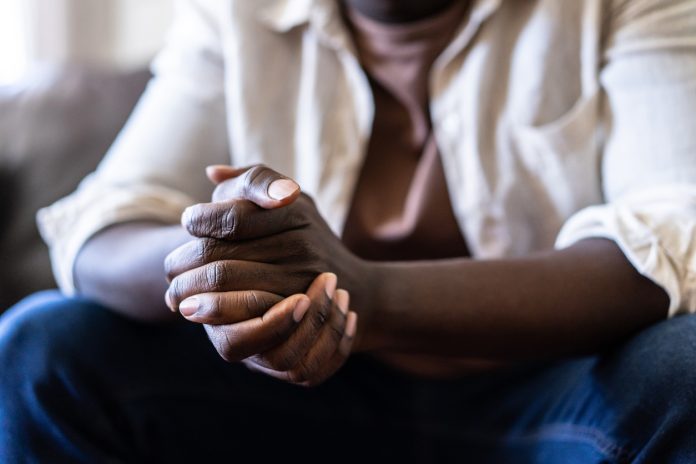Post-Traumatic Stress Disorder (PTSD) affects millions worldwide, but its impact often goes unrecognised. This condition can develop after experiencing or witnessing a life-threatening event, such as accidents, abuse, natural disasters or combat
PTSD can affect anyone. Regardless of age, gender or background, health looked at the signs and symptoms of PTSD so let’s break it down.
Recognising the signs
PTSD displays through a variety of symptoms that can surface soon after a traumatic incident or appear months, even years later.
Flashbacks, nightmares, and intrusive memories can make individuals feel like they’re reliving their trauma. These symptoms are not just mental; they often come with physical reactions like sweating or a racing heart.
Avoidance behaviour is common among people with PTSD, where people avoid reminders of their trauma, whether it’s places, people, or situations. This avoidance can isolate them further and lead to emotional numbing or even substance misuse as a coping mechanism.
Living with hypervigilance and hyperarousal
PTSD can leave individuals in a constant state of alertness, known as hypervigilance. They may always be on the lookout for potential threats, which can lead to difficulties sleeping or concentrating.
Similarly, hyperarousal can cause exaggerated startle responses, making everyday surprises feel overwhelming.
Emotional struggles and internal battles
PTSD can take a huge emotional toll on individuals. Many experience feelings of depression, guilt, shame and anger.
These emotions may lead to self-destructive behaviours or strained relationships as individuals struggle with their trauma internally.
Seeking help and building support
Recognising the signs of PTSD is crucial. It’s not a sign of weakness but is a natural response to an overwhelming situation. Seeking support from mental health professionals who specialise in trauma can be immensely beneficial. Therapies like Cognitive Behavioural Therapy (CBT) have shown effectiveness in helping individuals manage symptoms and regain control over their lives.
PTSD affects approximately 6% of American adults in their lifetime, but awareness and understanding remain limited. By talking about this condition, we can create a more supportive environment for those batteling with PTSD.
Education, empathy, and access to mental health resources are essential steps towards aiding recovery and reducing stigma.
Moving forward together
It’s important to support and uplift those affected by PTSD, whether it’s through awareness, offering to listen, or advocating for better mental health services.
PTSD is a challenging but treatable condition that requires understanding and support from everyone. By educating ourselves and others, we can contribute to a more compassionate society where individuals feel empowered to seek help.











